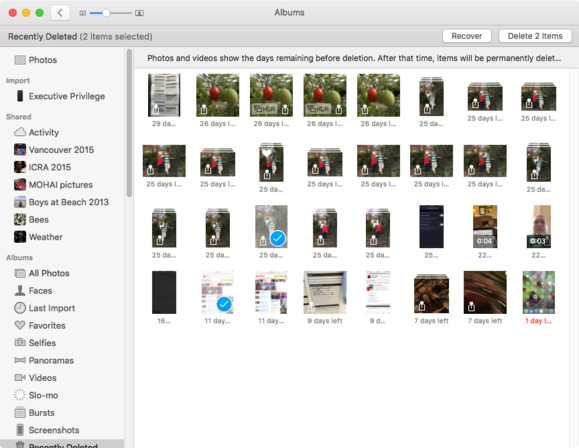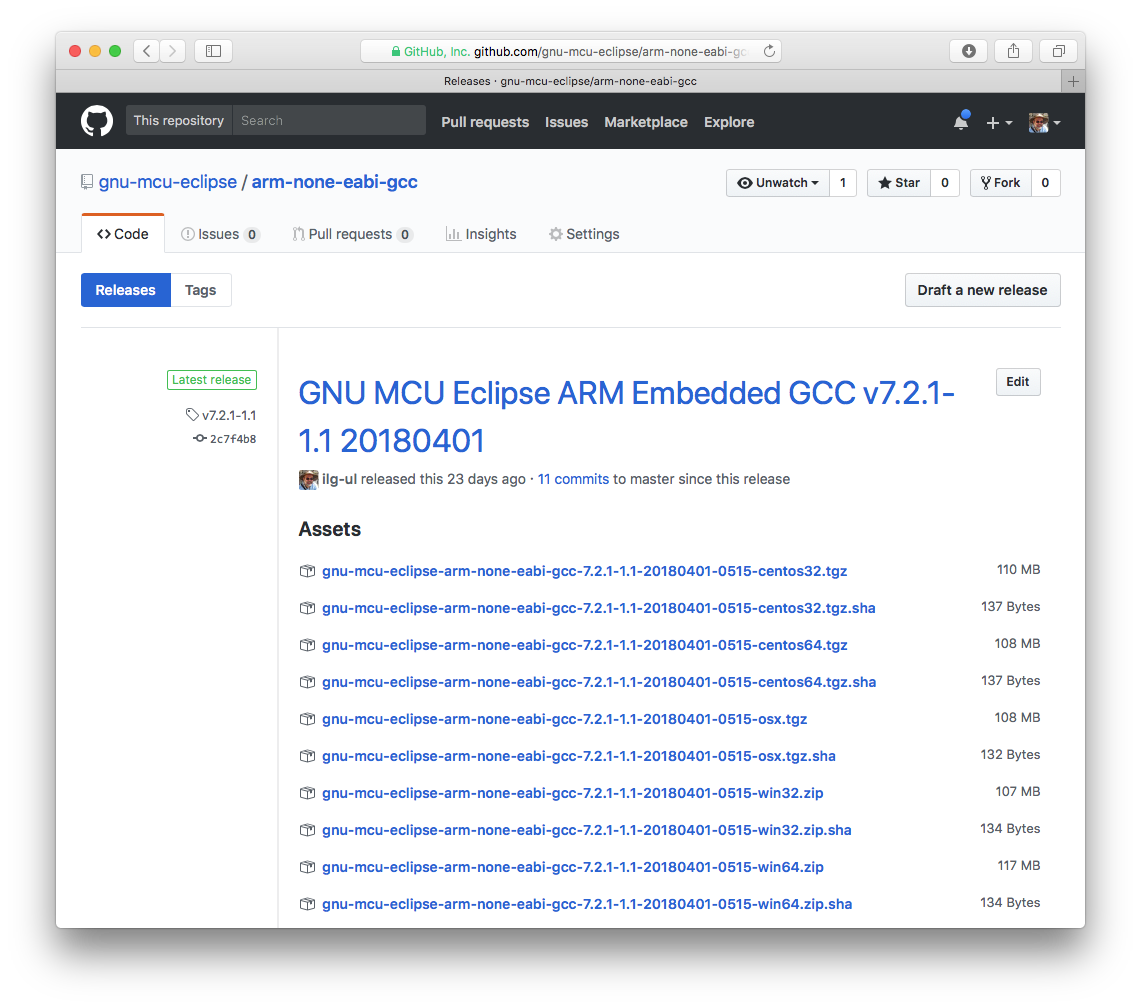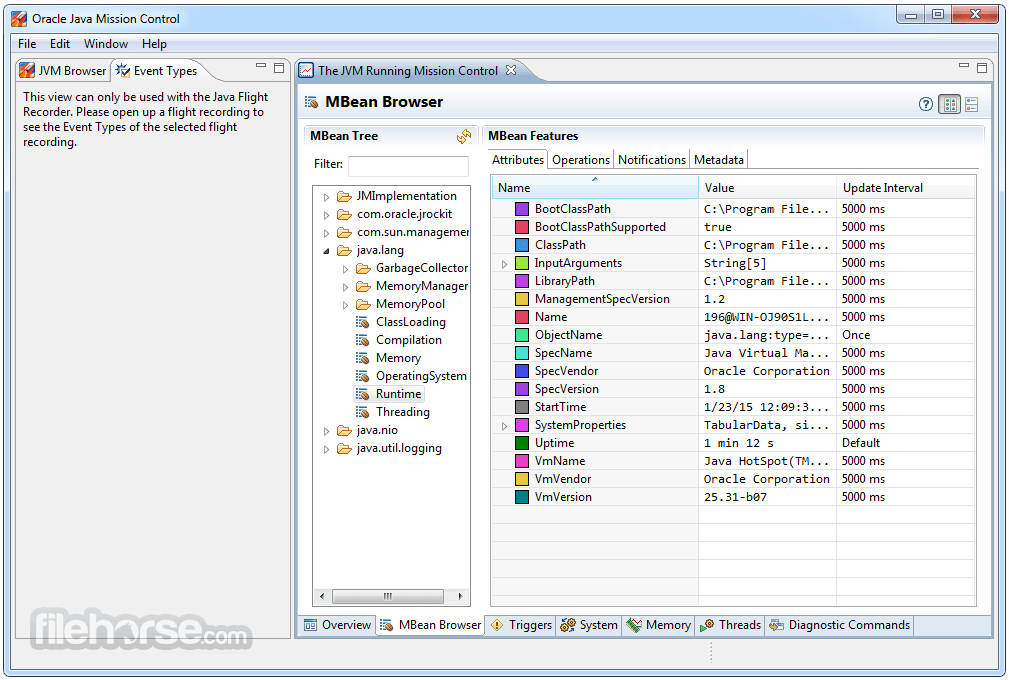I'm having a few issues well Steve, this is with a simple 32 bit Windows project. There are missing functions or perhaps wrong signatures in some of the library files. Dec 26, 2017 In this video we will see how to install 32-bit software on 64-bit operating system/machine/computer/laptop/tablet. How to tell if windows is 64-bit or 32-bi. Documentation for Mac Libraries. You can obtain the macOS documentation at the macOS Developer Library. RAD Studio does not provide help for the libraries you might need to use on the Mac. You can also register as a Mac developer (free of charge) at the Mac Dev Center. To install 32-bit libraries on Ubuntu 13.04 (64-bit) or later, open Terminal and type: sudo apt-get install lib32z1 (you will need to enter your password). Then just for good measure, let's make sure your Ubuntu is up to date. Type sudo apt-get update and lastly, restart your computer.
I think this is because xcode stopped supporting 32 bit libraries (I have version 10). When I do which gcc I get /usr/bin/gcc, therefore I think my gcc is came with xcode. I also installed gcc using brew install gcc, but when I do ls /usr/local/bin/ grep gcc I get.
Ensure that your app behaves as expected by adapting it to support later versions of the operating system.
Overview
In iOS 11 and later, all apps use the 64-bit architecture. If your app targets an earlier version of iOS, you must update it to run on later versions.
Update Your App to the Latest SDK
Begin by updating your existing app to iOS 11 or later. By updating your app first, you can remove deprecated code paths, address any compiler warnings, and search your code for specific 64-bit issues.
Install the latest version of Xcode and open your project. Xcode prompts you to modernize the project. Modernizing adds new warnings and errors that are important when compiling your app for 64-bit architecture.
Update your project settings to support the latest version of iOS. You can't build a 64-bit project if it targets an iOS version earlier than iOS 5.1.
Change the Architectures build setting in your project to Standard Architectures.
Update your app to support the 64-bit runtime environment. The new compiler warnings and errors help guide you through this process.
Test your app on actual 64-bit hardware. Don't rely on the Simulator app. Although it can be helpful during development, some changes, such as the function-calling conventions, are visible only when your app is running on a device.
Tune your app's memory performance by using Instruments.
Audit Your Code
It's critical that you review your code for proper pointer usage. Assumptions in pointer sizes can lead to erratic behavior and even crashes. Focus on the following areas:
Updating Data Structures. Eliminate assumptions about type size and alignment in structures, and use explicit data types.
Auditing Pointer Usage. Adhere to proper casting behaviors and review your methods for allocating memory.
Managing Functions and Function Pointers. Use function prototypes for safety, and review the calling of functions that have variable-length argument lists.
With pointer usage addressed, your app should be stable and you can focus on performance and optimize accordingly:
Optimizing Memory Performance. Establish performance tests that measure your use of memory in the context of 64-bit runtime.
Verifying Mathematical Calculations. Verify signed values in math operations to ensure accurate results, and review your use of bit mask operations.
Topics
Updating Data StructuresReview your app's data design and update it to conform with 64-bit architecture.
Auditing Pointer UsageEnsure that the pointers in your code are safe for the 64-bit runtime.
Managing Functions and Function PointersEnsure that your code correctly handles functions, function pointers, and Objective-C messages.
Feb 12, 2019 Mac OS X 10.5 or earlier. Please remove the.pkg files related to that application on the following location: System volume/Library/Receipts; Mac OS X 10.6 or later. The receipts don't exist anymore, instead something like the receipts are stored in another place. This is how you can make them visible: Open Terminal.app (found in /Applications. Use the lsbom command to see what was installed: lsbom -fls /Library/Receipts/someapp.pkg/Contents/Archive.bom You can use this list to manually delete the items installed, or you can feed the.  There is no acceptable way that Apple has allowed. Which leads to their ultimate goal: we all collectively decide our computers 'have become' too slow and we need to buy another (or do a fresh install). Mar 14, 2011 I'd like to know if I can delete all of the 500 some megabytes of receipt packages in my Mac HD Library/Receipts folder from application installs, etc., without causing any harm to my system. I run Time Machine, so they are all backed up on it since last June. Thanks for any suggestions. Apr 03, 2004 well i'm getting desprate so i've had to delete some software from my Panther partition. I've also been going through the Classic (OS 9) folder and seeing what else i can get rid of. But i came to /Library/Receipts and it's just a whole heap of packages in there. What are they there for.
There is no acceptable way that Apple has allowed. Which leads to their ultimate goal: we all collectively decide our computers 'have become' too slow and we need to buy another (or do a fresh install). Mar 14, 2011 I'd like to know if I can delete all of the 500 some megabytes of receipt packages in my Mac HD Library/Receipts folder from application installs, etc., without causing any harm to my system. I run Time Machine, so they are all backed up on it since last June. Thanks for any suggestions. Apr 03, 2004 well i'm getting desprate so i've had to delete some software from my Panther partition. I've also been going through the Classic (OS 9) folder and seeing what else i can get rid of. But i came to /Library/Receipts and it's just a whole heap of packages in there. What are they there for.
32-bit Development Libraries Mac Os X
Optimizing Memory PerformanceMeasure the impact of the 64-bit runtime on your app's memory usage.
Some Mac users may want to remove some of these hidden files as they take up valuable disk space.In this article we explain how to locate these hidden files and folders in the Finder, including the most searched-for folder: the mysterious /Library folder.(If you’re trying to find a Word file that’s vanished, by the way, you may like to consult How to get back deleted Word files instead. Show hidden library mac. Sometimes, however, you need to to be able to see the hidden files on your Mac.Perhaps you want to tweak something following a tip you’ve seen on Macworld. You may also be able to recover lost files if you have a Time Machine backup.) What files are hidden on a Mac?In UNIX, hidden files are preceded by a. There are thousands of files and folders hidden away on your Mac so that you can’t meddle with them. Maybe you’re troubleshooting a problem with a program and you’ve been asked to delete a preference file or find a log file that will help you fix the problem.
Verifying Mathematical CalculationsInstall 32-bit Development Libraries Mac
Ensure the accuracy of your math operations in 64-bit architecture.
See Also
func UIApplicationMain(Int32, UnsafeMutablePointer<UnsafeMutablePointer<Int8>?>, String?, String?) -> Int32Creates the application object and the application delegate and sets up the event cycle.
Development Tools and Libraries
This directory contains tools and libraries that are part of the base distribution of R for Mac OS X.
Note: CRAN does not have Mac OS X systems and cannot check these binaries for viruses.Altough we take precautions when assembling binaries, please use the normal precautions with downloaded executables.
Important note: R 3.5.0 El Capitan binaries and higer are using more recent Clang compiler and GNU Fortran 6.1 to provide OpenMP parallelization support and C++17 standard features. If you want to compile R packages from sources, please download GNU Fortran binary from the official GNU Fortran Binaries page - in particular OS X 10.11 gfortran 6.1. Alternatively, we are providing a copy here as well as Clang binaries for OS X 10.11 and higher - see below for the download links. It is not recommended to use clang from Xcode as it is outdated and is lacking important features such as OpenMP support.

Files:
| clang-8.0.0.pkg (OS X 10.11+, signed, 64-bit) MD5-hash: 664582b0722cb59802cb762b2ad7548b (ca. 482Mb) | Clang 8.0.0 for OS X 10.11 and higher, release build for x86_64, signed package, installs into /usr/local/clang8. To be used with El Capitan builds of R 3.7.0 and higher. It is an installer version of the official LLVM released binaries only modified to use the path above. |
| clang-7.0.0.pkg (OS X 10.11+, signed, 64-bit) MD5-hash: cef3fd2a5c165d00f9941f64ea4024f7 (ca. 463Mb) | Clang 7.0.0 for OS X 10.11 and higher, release build for x86_64, signed package, installs into /usr/local/clang7. To be used with El Capitan builds of R 3.6.x. It is an installer version of the official LLVM released binaries only modified to use the path above. |
| clang-6.0.0.pkg (OS X 10.11+, signed, 64-bit) MD5-hash: c29700c4e7b2914073ef7e741eb105bc (ca. 418Mb) | Clang 6.0.0 for OS X 10.11 and higher, static build for x86_64, signed package, installs into /usr/local/clang6. To be used with El Capitan builds of R 3.5.x. |
| gfortran-6.1.pkg (OS X 10.11+, signed, 64-bit) MD5-hash: 201026216e8b373d9cd2efc0cc474bb8 (ca. 73Mb) | GNU Fortran 6.1 for OS X 10.11 and higher - a copy from GFortranBinaries pages for x86_64, signed package, installs into /usr/local/gfortran (identical content, re-packaged to a flat Installer package and signed). To be used with El Capitan builds of R. |
| The following binaries are obsolete and only provided for historical reasons | |
| gfortran-4.2.3.pkg (OS X 10.5+, signed, 64-bit driver) MD5-hash: 8783f803038abe6487a362ad5b8995ea (ca. 27MB) gfortran-4.2.3.dmg (OS X 10.4, 32-bit driver) MD5-hash: 9551fc46f55537dd1db581154daf27ef (ca. 27MB) | Universal GNU Fortran 4.2.3 for Mac OS X 10.4 and higher. It is necessary in order to build R packages from sources that contain Fortran code. Unlike many other builds, this is a fully universal build of GNU Fortran that uses Apple's driver and supports all target architectures (i386, ppc, x86_64 and ppc64). As such it fully supports compilation into fat files like gfortran -arch i386 -arch ppc -arch x86_64 -arch ppc64 t.f -o ton both Intel Macs and PowerPC Macs (32- and 64-bit). Dependent libraries are fat as well, avoiding problems known from other Fortran builds (such as those from HPC). It installs in /usr/local and comes with an uninstall-script. |
| tcltk-8.5.5-x11.pkg (OS X 10.5+, signed) MD5-hash: e7c406d91762ffdc4539b23c5b5a3ab4 (ca. 9MB) tcltk-8.5.5-x11.dmg (OS X 10.4) MD5-hash: c32dda1b9f2c2776a02cec4e03befc76 (ca. 9MB) | Universal build of Tcl/Tk 8.5.5 for X11 (32-bit and 64-bit). This library is necessary in order to use the tcltk R package (for R 2.8.0 - 2.15.3 only!). It installs in /usr/local. Requires Mac OS X 10.4 (Tiger) or higher for 32-bit R and Mac OS X 10.5 (Leopard) or higher for 64-bit R. NOTE: R 3.0.0 and higher comes bundled with Tck/Tk 8.6.0 so you do not need this package |
For other (optional) 3rd party libraries for development see http://mac.R-project.org/libs/. The devpack has been superseded by those libraries. For R you may want to download and install libpng, libjpeg, readline, freetype, fontconfig, pixman and cairo.
Source code for all 3rd party libraries can be found at http://mac.R-project.org/src/
The dependency libraries used by the CRAN macOS build system are now managed by build recipes. Package authors wishing to add static dependendies can create a pull request to add a dependency.
Subdirectories:
| old | Previous versions of tools as supplied with legacy R versions. |
You may also want to read the R FAQ and R for Mac OS X FAQ. For discussion of Mac-related topics and reporting Mac-specific bugs, please use the R-SIG-Mac mailing list.

Information, tools and most recent daily builds of the R GUI, R-patched and R-devel can be found at http://mac.R-project.org/. Please visit that page especially during beta stages to help us test the Mac OS X binaries before final release! The page also contains links to experimental builds as such 64-bit R for OS X.
Link to corresponding sources: http://mac.R-project.org/src/
Last modified: 2019/04/26, by Simon Urbanek